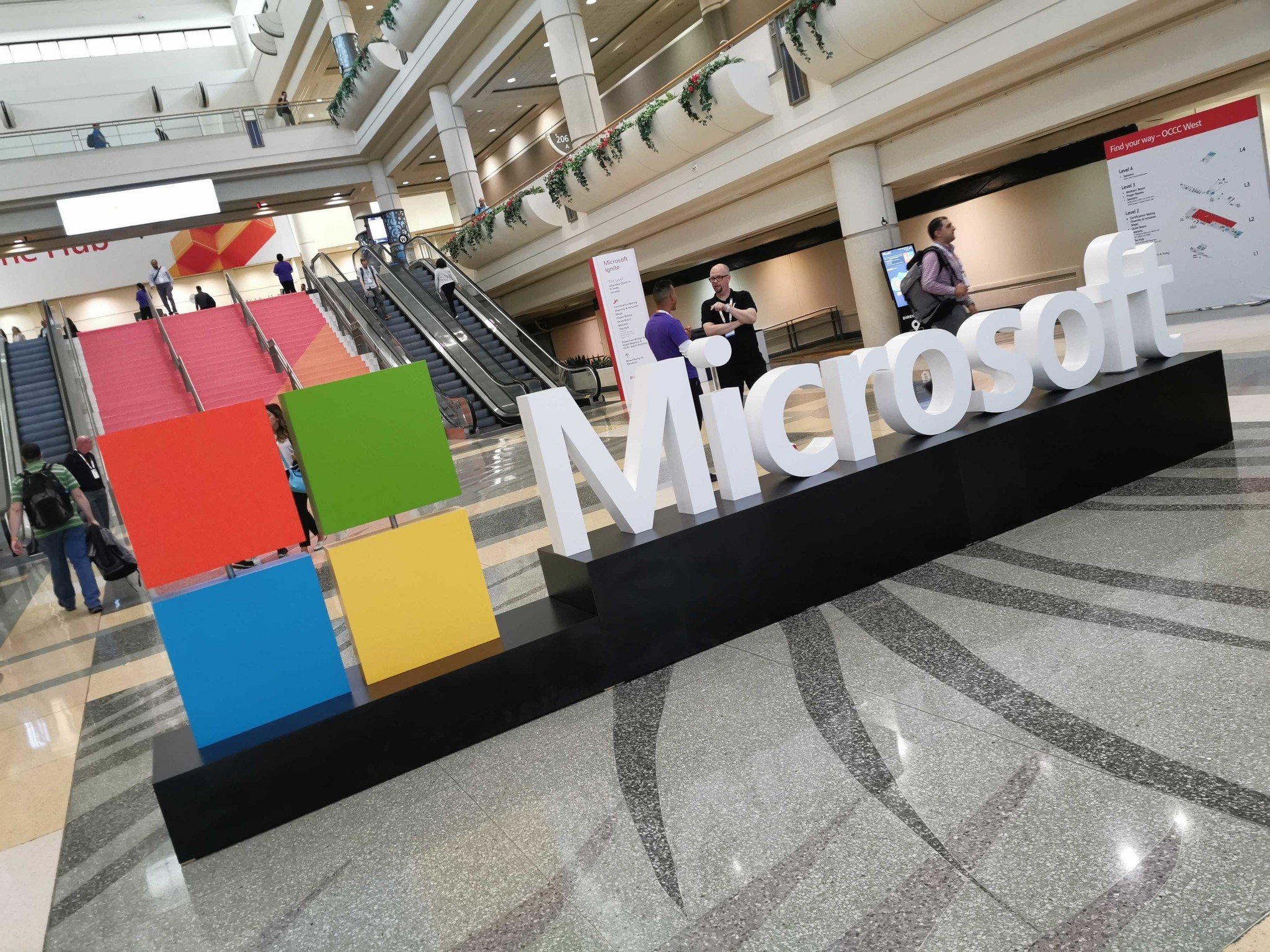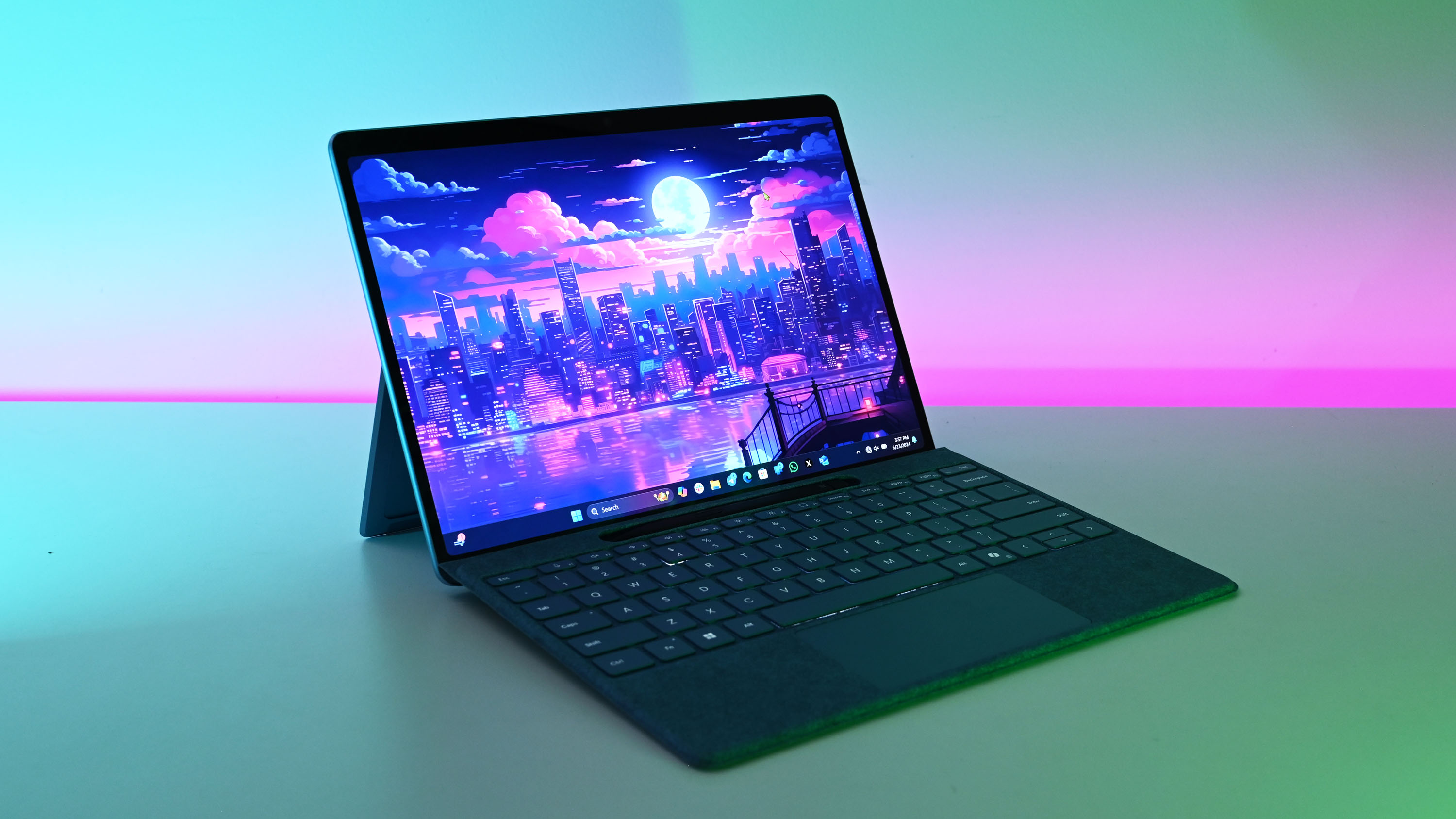Alleged Chinese attack on Microsoft Exchange remains an 'active threat,' says US government
Despite Microsoft's security patches, the recent hack on its Exchange server software remains an "active threat."

What you need to know
- The recent hack of Microsoft's Exchange email server software remains an "active threat."
- Microsoft rolled out patches to vulnerabilities, but organizations that were already compromised are still at risk.
- At least 20,000 organizations have been compromised by the hacks, according to recent reports.
Last week, news emerged that Microsoft's Exchange email server software was hacked. Microsoft blamed a state-sponsored group out of China, but Beijing has denied any involvement. The company released several security updates to address vulnerabilities, but the hacks remain an "active threat," according to the U.S. government.
Reuters reports that while Microsoft released a patch that addresses the vulnerability, that any server already compromised by the attack can still be accessed through a "back-door."
The National Security Council sent a Tweet over the weekend regarding the attack that states:
Patching and mitigation is not remediation if the servers have already been compromised. It is essential that any organization with a vulnerable server take immediate measures to determine if they were already targeted.
A White House official told Reuters that "This is an active threat still developing and we urge network operators to take it very seriously." According to a source that spoke with Reuters, more than 20,000 organizations had been compromised by the hack as of March 7, 2021.
Top U.S. security officials are working to decide the next steps, according to a White House official that spoke with Reuters.
Organizations that have already been compromised could include credit unions, local government offices, and small businesses. Reuters states that the situation has "left U.S. officials scrambling to reach victims, with the FBI on Sunday urging them to contact the law enforcement agency."
A Microsoft representative told Reuters that the company is working with the U.S. government and others to help customers. The company also urged impacted clients to apply the software updates that it has rolled out as soon as possible.
All the latest news, reviews, and guides for Windows and Xbox diehards.
A source told Reuters that only a small percentage of networks have been compromised through the back-door vulnerability, but that more attacks are expected.

Sean Endicott is a news writer and apps editor for Windows Central with 11+ years of experience. A Nottingham Trent journalism graduate, Sean has covered the industry’s arc from the Lumia era to the launch of Windows 11 and generative AI. Having started at Thrifter, he uses his expertise in price tracking to help readers find genuine hardware value.
Beyond tech news, Sean is a UK sports media pioneer. In 2017, he became one of the first to stream via smartphone and is an expert in AP Capture systems. A tech-forward coach, he was named 2024 BAFA Youth Coach of the Year. He is focused on using technology—from AI to Clipchamp—to gain a practical edge.
